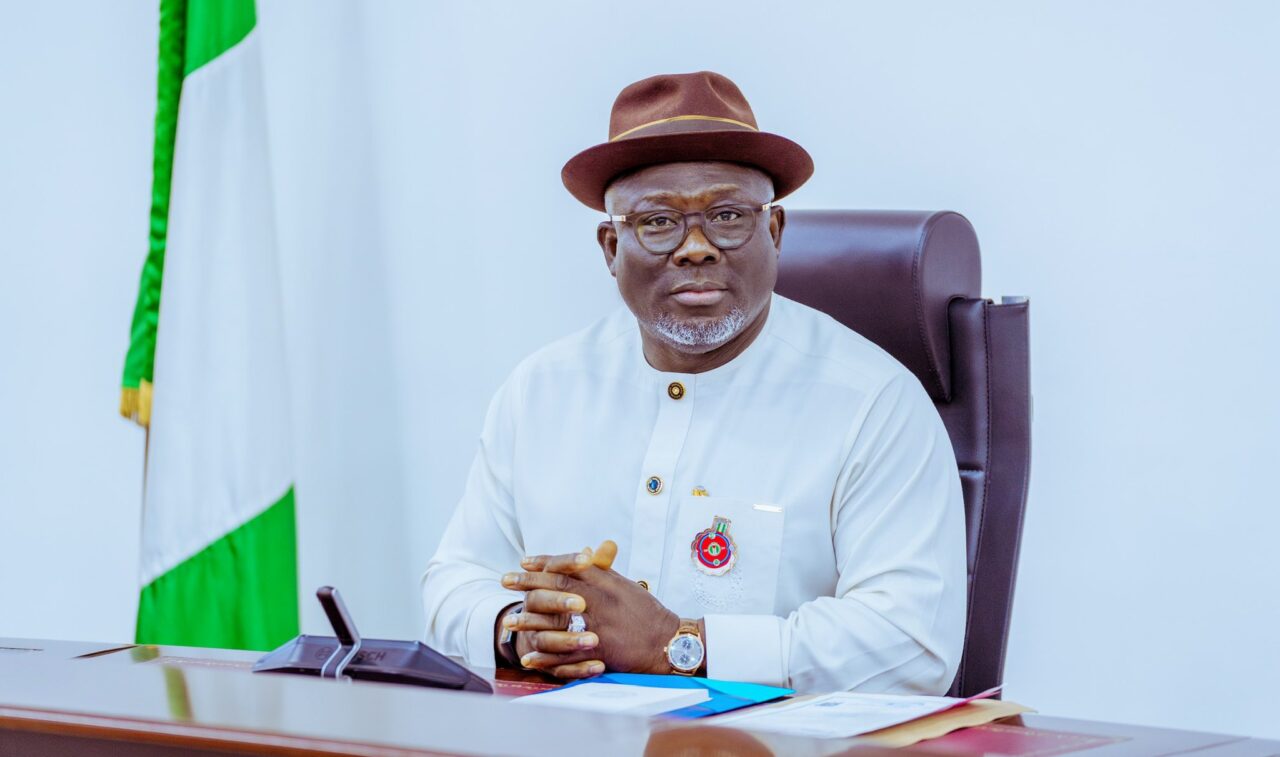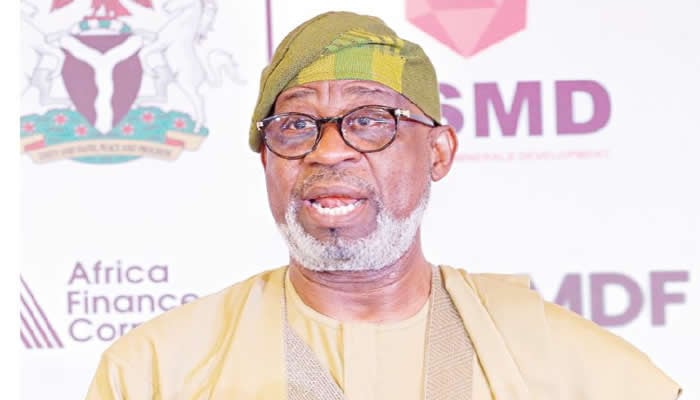The Delta State Government has reviewed the dress code for civil servants, warning that improper dressing in the public service will no longer be tolerated.
The circular, signed by the Office of the Head of Service and released by the New Media Office of the Governor on Thursday, said the move was to “uphold decency in the appearance of Public Servants across the State.”
It recalled that the old dress code was contained in a circular of March 12, 2009, but stressed that “in an effort to address the unpleasant practice of improper dressing that has become commonplace in the State Public Service, it is instructive to announce a review of the existing dress code contained in circular letter No. HOS. 15/13/74 of 12th March, 2009; for the purpose of upholding decency in the appearance of Public Servants across the State.”
The government said senior officers must take the lead in enforcing the new standards, noting that “it is also very important to underscore the vital role expected of senior public servants in revising the said anomaly through leading examples of appropriate dressing culture that demonstrates decorum to guide and correct subordinates; and whenever lapses are observed, sanctions may be invoked towards checkmating the ugly trend, based on the Public Service Rule No.04314, which states inter-alia: ‘No Officer shall appear in the office or anywhere in his official capacity attired in a manner deemed inappropriate or immodest.’”
For male officers, the circular directed that:
“All officers on GLs 13 and above should appear at work in Complete Suits, except for uniform officers as given.
“All officers on SGLs 07-12 should appear as in (i) above or in a Pair of Trousers, Shirt and Tie, except all Administrative Officers who should always be in Suit.
“All officers on SGLs 01-06 should appear as in A(i) or A(ii) above, except for uniformed staff e.g. Drivers, Plant Operators etc; who should always be in their Uniforms; and in the absence of uniforms, should put on Trousers and Shirts to work.
“Also, traditional attire for male officers shall be permissible only on Fridays and on special occasions; and such includes Smart Senator Suits, Modern Caftans or Native Shirts with matching Trousers, complemented by the appropriate Traditional Cap.”
The circular further stated: “Resource Control and Papas Caps are prohibited; while Bushy beards are proscribed.”
For female officers, the directive read:
“All officers on SGLs 13 and above should appear at work on Trouser Suits, Skirt Suits or Corporate Gowns below the knee level (No hats); and all Trousers Must come in Suits.
“All officers on SGLs 07-12 should appear either as in B(i) above or in free Gowns below the knee level with Sleeves, or Skirts below the knee level and Blouse with sleeves to match (sleeveless or spaghetti hands are prohibited).
“All officers on SGLs 01-06 should appear as in free Gowns with Sleeves, or Skirt and Blouse as described in B(ii) above.
“Also, traditional attire for female officers shall be permissible only on Fridays and on special occasions; and such includes Traditional costumes such as Buba and Wrapper, Skirts with Blouses, or Gowns fashioned from African fabrics, provided such garments have proper sleeves.”
The circular also warned that “all female dressing should be with decorum devoid of any provocative exposure of cleavages. Meanwhile, braided or tainted hair; long eye lashes and artificial nails are prohibited.”
To ensure compliance, heads of departments have been directed to send home erring officers.
“Suffice it to state that this circular is intended to promote discipline in dressing culture among Public Servants. To enforce strict adherence to the revised dress code therefore, it behooves all Heads of Departments to execute these provisions; and not hesitate in directing any erring officer that is inappropriately attired to return home, dress decently and resume duty promptly; or risk more stringent sanctions from the Accounting Officer forthwith.”
The circular urged Permanent Secretaries and department heads to publicise the directive and ensure compliance.
“Accordingly, all Permanent Secretaries and Heads of Extra-Ministerial Departments are enjoined to give the content of this Circular the much-desired publicity for staff guidance and strict adherence, please.”
The dress code review reflects a broader push for professionalism and discipline in the State public service, aligning with public expectations and government efforts to improve image and work culture.
There is existing legislation in Delta State (such as laws against “indecent exposure” under the Violence Against Persons Prohibition Law) which penalize indecent dressing among the general public. This dress code for civil servants is in line with those enforcement trends.
FOLLOW US ON:
FACEBOOK
TWITTER
PINTEREST
TIKTOK
YOUTUBE
LINKEDIN
TUMBLR
INSTAGRAM






































